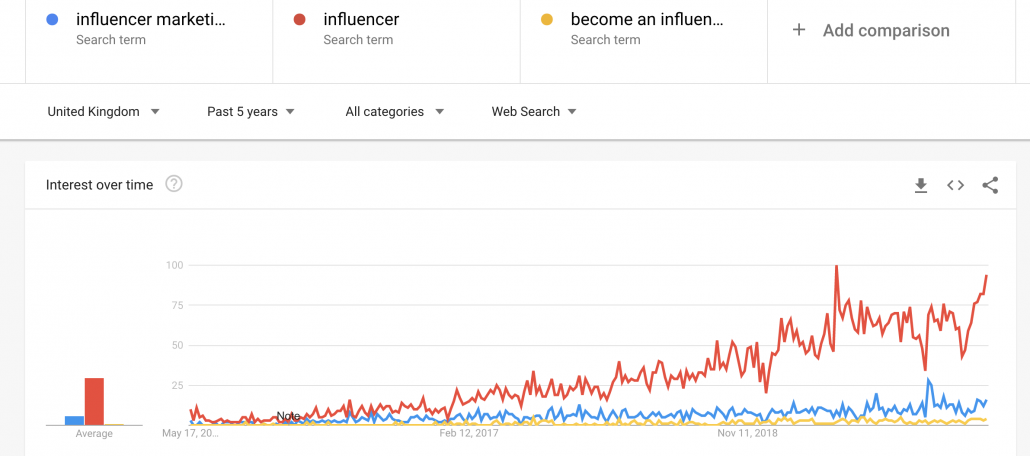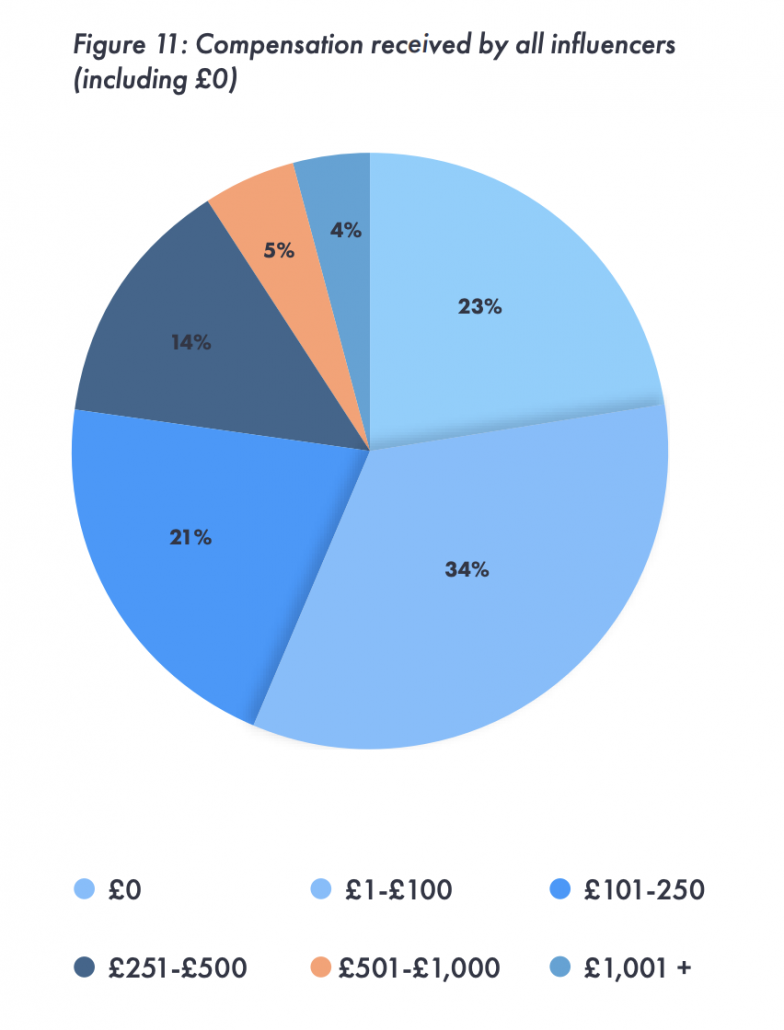PR ADVICE – CAN DEMOCRACY SURVIVE WITHOUT INDEPENDENT MEDIA?
Anyone offering PR advice to Donald Trump must have earned their corn attempting to manage his messages or even keep control of his diverging news agenda. The difficulty of offering PR advice to Donald was that, on average, the Whitehouse Director of Communications lasted just 150 days, barely enough time to effectively influence the strategy, direction or messages let alone establish working relationships with the media.
The Trump Effect On The Changing Media Landscape
During the latest presidency we have also seen a further dramatic shift in the media landscape with the emergence of ‘fake news’, direct communications through social media platforms such as twitter and a growing lack of trust in the media. This is a problem as a free and independent ‘Fourth Estate’, is supposed to hold power to account, an important element in democracy and debate.
The changing landscape has resulted in unprecedented scenes with the need for 20,000 troops to gather in the US Capitol to oversee the safe transfer of power in ‘The land of the free’. This issue has risen largely due to maverick communications and loss of control. Sadly, the storming of the Capitol buildings could therefore be a sign of things to come.
This ability to bypass an independent and regulated media has significant repercussions, particularly if the presiding narrative is that they are trying to steal the election, to not trust the media or the whole establishment. In situations like this where do you turn and who can you trust?
Would Trump Have Fared Better With Good PR Advice?
The need to be held accountable or to win an honest argument no longer applies, as communicating directly through social platforms is proven to be more effective. In Trump’s case he had more than 88 million followers on Twitter – considerably more than the readership of all the major US news outlets combined.
The net result however is illustrated by a poll in December that shows that 40% of Americans did not believe that the election was fair. This is further compounded as nearly 75% of those who voted Republican feel the election was stolen. This is despite the fact the mainstream media reported that 60 post-election lawsuits in multiple states all found that there was no fraud and that the result was fair. Logical debate is simply stifled by volumes of unproven and often unprovable claims.
It’s clear that the trust has gone and that the media are no longer seen as fair and independent reporters of the truth. The ‘lies and denies’ have gained traction and land on fertile ground particularly when communicating to an audience of followers who have built relationships with you online and who no doubt already replicate and share the same views.
Rebuilding Trust In A Post-Trump-Power World
The media also need to play their own role in rebuilding trust. There is a negative spiral occurring where media companies are not reacting to the changing landscape quickly enough or attracting the investment needed to support quality reporting. There is still a legacy of political influence or grudge bearing which needs to be overcome as it leads to poor journalism and subsequent declining influence / sales and so the cycle continues.
Social media platforms started introduced ‘fact checking’ tabs in Spring 2020 to try and manage the number of misleading claims sprouting on the platforms, but when the claims come from an historically credible source such as the President of the United States then the problems are clear. Again it comes down to who to trust – who do you believe? The large tech firms determining what’s accurate or not, the President of the US, commentators or the media?
The Wider Impact On The World
When examining the issue in context of the coronavirus pandemic the problem continues. For example, currently opinion on the vaccine is divided – with some keen to take and roll out while others believe that it’s all part of a wider conspiracy as a result of information they have listened to online (ranging from Bill Gates to 5G conspiracies). The net result however is that nearly two thirds of Americans suggest that they won’t take the vaccine right away, presenting a significant health risk to the country and an even slower recovery and return to normal.
The answer however is not to ban certain users as tech giants themselves are not regulated enough to determine who has the right to opinions. Don’t get me wrong, I believe that anyone making comments on social media platforms should be held accountable but the right to the first amendment must be paramount. That does not negate the option to prosecute racist, homophobic or inflammatory comments or to give temporary or increasingly long bans if users continue flout the rules / laws.
By determining who uses their platforms sets a precedent that may come back to bite social media companies. What happens when they are pressured to ban individuals due to one off political or cultural views or even non-related actions – simply because they do not conform to the new normal. It would be a victory for the woke but a problem for debate and therefore ultimately democracy.
The consequences could ultimately put into doubt the future of an open and free internet. How can a handful of tech bosses make decisions on who does and doesn’t have a voice on the internet? If they do then surely they should themselves be open to more scrutiny?
Where does it all stop? The ‘wokeball’ effect is already taking place with other platforms being pressured into taking similar action with facebook, YouTube and Snapchat also banning Trump. What about holocaust or climate change deniers, devout religious groups, more extreme political parties or even celebrities pushing their own agendas…?
Is Senior Counsel And PR Advice The Answer?
So, what’s the answer? Debating and arguing over differing opinions are as old as humanity itself and are instrumental in a real democracy. Debate needs to be encouraged and media companies should share both the platforms and opinions, rather than ban people or get involved in personal spats where there is a risk they become the story. Media companies should have greater support or regulation in managing their newfound power (already enough to silence the ‘most powerful man on earth’) and commentators / influencers should be open to debate as well as scrutiny.
If offering senior counsel or PR advice to corporates or individuals the same principals should apply. We would always advocate the importance of being honest, to be able to look yourself in the mirror and justify your decisions but most importantly know what you or your business stands for and be consistent to the delivery.



